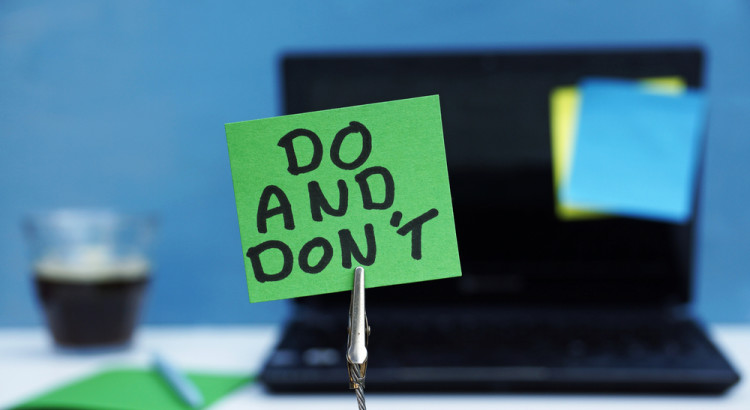That old chestnut that there is no ‘I’ in ‘team’ is tired but true and those team members who forget it are likely to struggle.
Working in a team isn’t necessarily easy. It takes effort and requires contributions from every member in order to be effective. There are, however, some specific things you can do as a member of a team to ensure that you are acting as effectively as possible and inspiring others to do the same.
Speak up… and listen
Communication is key. If you aren’t talking, sharing, being honest and open, you probably aren’t communicating effectively and if you don’t, the other members of your team won’t know what you’re thinking. A team can operate cohesively but that doesn’t mean that other members are mind readers!
In addition to speaking and sharing, a good team member will also listen. And not just passive listening, where they take in what is being said around them and don’t react to it in any way, but active listening, where they feedback what they think they have heard, to ensure that there are no misunderstandings. Further, other team members will feel that their contributions are valuable if you demonstrate an interest in what they are saying. If you are playing on your smartphone while others are speaking, you aren’t communicating effectively.
Don’t play the blame game
When something goes wrong during a project, proactive problem solving is the best result a team can strive for. It’s important not to waste a lot of time and energy blaming individuals for an error; it’s more valuable to own the problem as a team, assess the damage and figure out a way to move forward.
That said, a team’s spirit can be undermined if there is a need to hold someone or several persons accountable for their actions and that accountability is not exercised; but that’s different from laying blame.
Accountability to the team is important: if everyone is participating and ‘pulling their weight’, so to speak, there should be no issue that can’t be handled as a team. It’s when there are individuals who do not have the motivation, interest or ability to participate that issues of blame begin to crop up.
Be supportive and an active player
To follow on the notion of accountability, all team members need to be active participants, supportive of their teammates. Cooperation, reliability and flexibility are the order of the day and a desire to achieve working ability through consensus makes for the strongest teams.
If everyone pitches in and does their share, contributes with their strengths and supports others as they contribute with theirs, each team member will have done the best they can to achieve the goals of the team as a whole.
You can’t control how others behave, but you can control your own behavior and it behooves us all to put our best foot forward, in every circumstance.
Take credit as a team
Goals are achieved as a team and therefore accolades need to be given to the team as a whole. While there may be one person or a sub-group that stand out as being particularly important in the achievement, the reality is that most great achievement does not happen in a vacuum. There are a lot of people who contribute to it and those contributions should be acknowledged.
Some things not to do, as a team member?
- Not contributing and giving out signs of apathy—if you don’t want to be on the team, or you don’t subscribe to the goals as set out for the project, it will show. Your lack of contribution—sitting on the sidelines, as it were—will eventually be resented by the other members of the group, which in and of itself can damage the group’s dynamics.
- Not communicating, at best; being rude, at worst—the importance of communication cannot be overstated. If you are in over your head, say so. If you need something from someone else in order to do your part of a project, say so. If someone is trying to tell you that they disagree with something you have done or said, listen to them. Ignoring others or arguing with them disparagingly will be damaging to any project.
- Not trustworthy, poor timekeeper, won’t get it done—reliability is essential in being an effective team member. If everyone else is doing their share and working to the best of their abilities and you can’t be bothered to show up to most meetings and don’t complete the tasks that are on your to-do list, you’re letting the whole team down.
- Only interested in personal gain—doing things as a team means achieving (or failing) as a team. If you are engaging in activities for your own personal gain and with no regard for your teammates, you’re there for the wrong reasons.
- Blames others when falls short—a good team will take the hits together. Blaming other team members instead of constructively trying to alter the methods used going forward is a weak approach and one that ultimately will not benefit the team.
- Negative attitude / not buying into team goals—we all have disagreements or times when we don’t necessarily agree with everything that is being done on a project. But rather than sitting in a corner passive-aggressively ranting about it, or worse, complaining to anyone who will listen, do something about it. This all comes back to communication and contributing, for an effective team.
So much of what I’ve said here is common sense but it’s all worth repeating and reminding ourselves about what works and what doesn’t, in a team environment.
